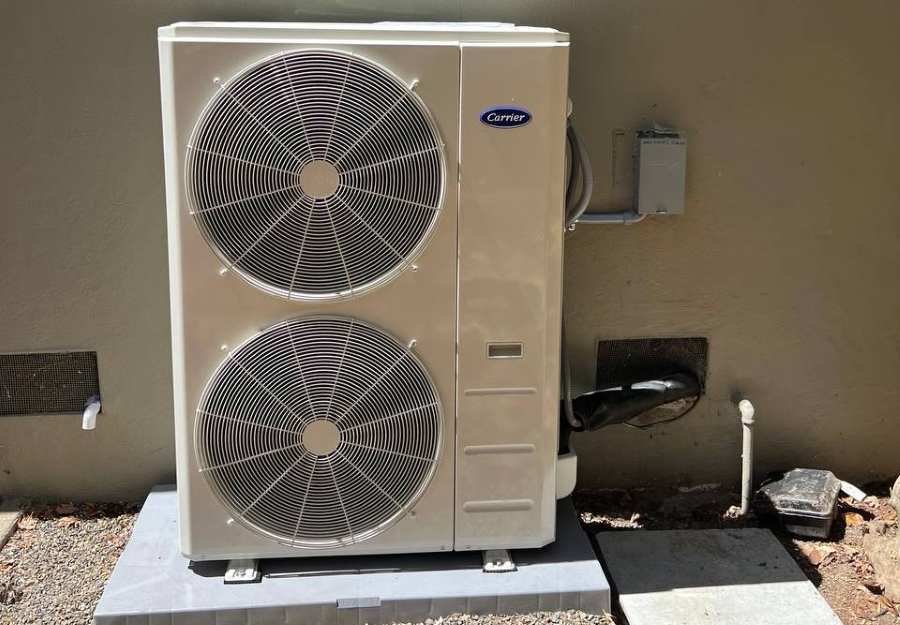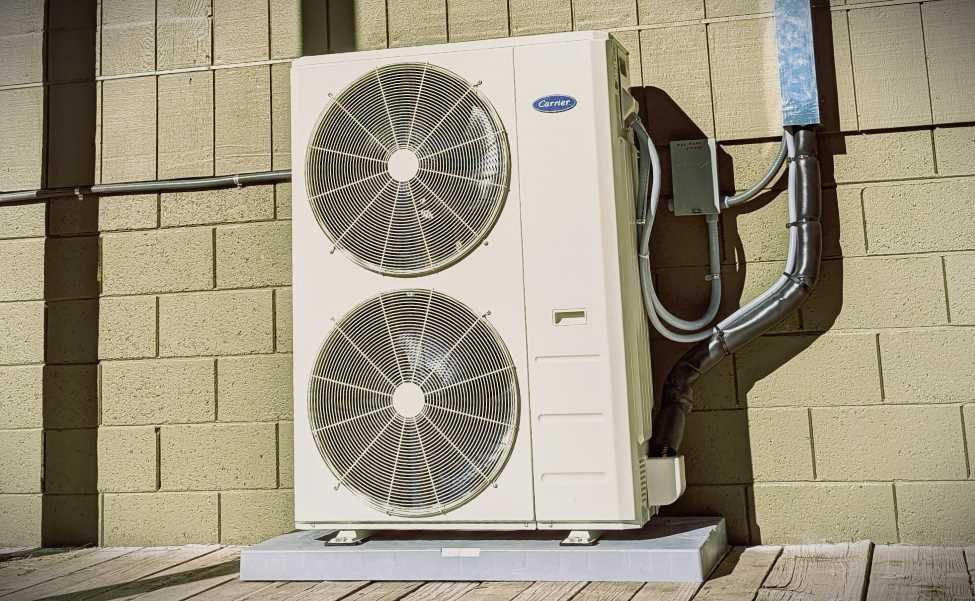The Ultimate Guide to Buying Heat Pumps in 2025
Understanding Heat Pumps: Types, Functions, and Buying Options
Heat pumps are essential devices in the realm of heating and cooling, renowned for their energy efficiency and versatility. As of 2025, various types of heat pumps are available, each tailored to specific needs and diverse settings. The predominant types comprise air-source, ground-source, and water-source pumps, each demonstrating unique operational principles and efficiency ratings. Understanding these is critical when buying heat pumps to ensure the right system is chosen.
Air-source Pumps: Affordable and Efficient Heat Pump Buying Choice: A Smart Choice
Air-source pumps, commonly used, function by extracting heat from outside air and transferring it inside, even at low temperatures. These systems tend to perform well in moderate climates, boasting efficiencies surpassing 300% under ideal conditions. These are often preferred for lower costs and maintenance.
Benefits of Air-source Pumps:
- Reduced installation costs.
- Simpler servicing.
Drawbacks:
- Performance diminishes in extreme cold, sometimes necessitating backup heat during harsh winters.
Ground-source Pumps: Premium Choice for Buying Heat Pumps: A Long-term Investment
Ground-source pumps, also known as geothermal pumps, leverage the relatively stable earth temperature as a heat exchange medium. These arrangements involve burying pipes below ground to draw heat during winter and release heat during summer. This type involves a higher upfront cost but yields significant long-term benefits.
Benefits of Ground-source Pumps:
- Remarkable efficiency, often exceeding 400%.
- Longevity and low operational costs.
Drawbacks:
- Higher initial investment due to complex installation.
- May be infeasible in locations with limited land availability or regulatory barriers.
Water-source Heat Pumps: Specialized Buying Options: Optimal for Water-rich Areas
Water-source heat pumps extract heat from bodies of water like lakes, rivers, and underground aquifers, functioning similarly to other models. This option is worth considering in areas near water bodies.
Benefits of Water-source Pumps:
- Highly economical.
- Provide consistent warming and cooling throughout the year.
Drawbacks:
- Limited to locales near water sources.
- May necessitate extra ecological reviews.
Key Factors to Consider When Buying a Heat Pump
In the process of selecting a heat pump, various pivotal elements need careful consideration to ensure an appropriate selection for your household environment and personal warming needs.
Size and Capacity: Essential in Heat Pump Buying: Ensuring Proper Fit
It is essential to opt for a device that efficiently matches your home’s necessary heating load. An under-powered unit risks struggling to maintain a comfortable temperature, while an oversized heat pump can lead to wasteful operation and increased energy costs. Consulting an expert capable of conducting a load calculation can pinpoint the necessary capacity.
Energy Performance Ratings: Critical in Buying Heat Pumps: Efficiency Metrics
This includes metrics such as:
- SEER (Seasonal Energy Efficiency Ratio)
- HSPF (Heating Season Performance Factor)
- EER (Energy Efficiency Ratio)
Key Tip:
A higher SEER or HSPF rating signifies a more efficient system, likely to reduce energy usage and utility bills substantially in the long run. Consider these metrics carefully.
Installation Costs: Key Consideration When Buying Heat Pumps: Budgeting for Your Investment
Installation costs can vary significantly depending on your chosen heat pump design and the intricacy of the installation process itself.
Tips:
- Obtain multiple estimates from certified installers.
- Assess potential supplementary expenses like ductwork or electrical system modifications. Factoring these into your budget is vital.
Climate and Insulation: Impacts on Buying Heat Pumps: Climate-conscious Decisions
Evaluate local climate conditions and the insulation quality of your home. Effective integration of a heat pump with your existing heating systems enhances overall comfort and efficiency.
Cost Analysis: Buying Heat Pumps and Balancing Investment vs. Savings
When contemplating the acquisition of a heat pump, it is crucial to understand the various cost components involved in both the initial investment and the long-term savings.
Initial Costs
Initial costs typically include:
- The price of the heat pump unit itself.
- Labor costs for installation.
- Additional accessories or modifications required for efficient operation.
Typical Costs:
- Heat pump unit: $4,000–$10,000 (depending on type, size, and efficiency rating).
- Labor costs: $1,000–$2,500 (varies by region).
- Additional costs: Ductwork or electrical upgrades may add further expenses.
Long-Term Savings with Heat Pumps
Benefits:
- Heat pumps offer energy savings of 30–60% on heating and cooling bills compared to traditional systems.
- Government incentives and rebates can reduce initial costs further.
These financial advantages, combined with the potential for a longer lifespan compared to traditional heating systems, enhance the overall value of heat pumps for future buyers. Understanding these benefits is essential for making a sound decision.
Selecting the Right Installer: Buying Heat Pumps with Confidence
Never settle for less in comfort or efficiency. Call us today at 📞 (916) 907-1534 or contact us online to learn more about optimizing your HVAC system with professional heat pump installation. Maximize your home comfort and heat pump performance with A Plus Heating & Air—Your Home Performance Heroes.
Choosing a Qualified Installer
A qualified and reputable installer is fundamental to ensuring optimal performance.
Tips for Selection:
- Seek recommendations from friends, family, or colleagues.
- Check online reviews and ratings.
Credentials to Look For:
- Certifications from organizations like ACCA (Air Conditioning Contractors of America) or NATE (North American Technician Excellence).
- Proof of insurance and bonding.
Installation Process
During introductory meetings, inquire about:
- Experience with heat pump brands and models.
- How size determinations are made for your home.
Key Tip:
Request a detailed written price quote delineating costs, schedules, and responsibilities to assess professionalism.
Warranty Considerations
Most manufacturers offer warranties that may cover:
- Parts.
- Labor (in some cases).
Key Tip:
Ensure proper installation by a skilled technician to maintain the validity of guarantees. Selecting the right installer impacts performance and safeguards warranty rights.
Ensure Comfort Today
Never delay improving your home’s comfort and energy efficiency. Call 📞 (916) 907-1534 now or contact us online to schedule your heat pump installation. Trust A Plus Heating & Air to deliver expert service and unmatched performance—your satisfaction is our priority.


